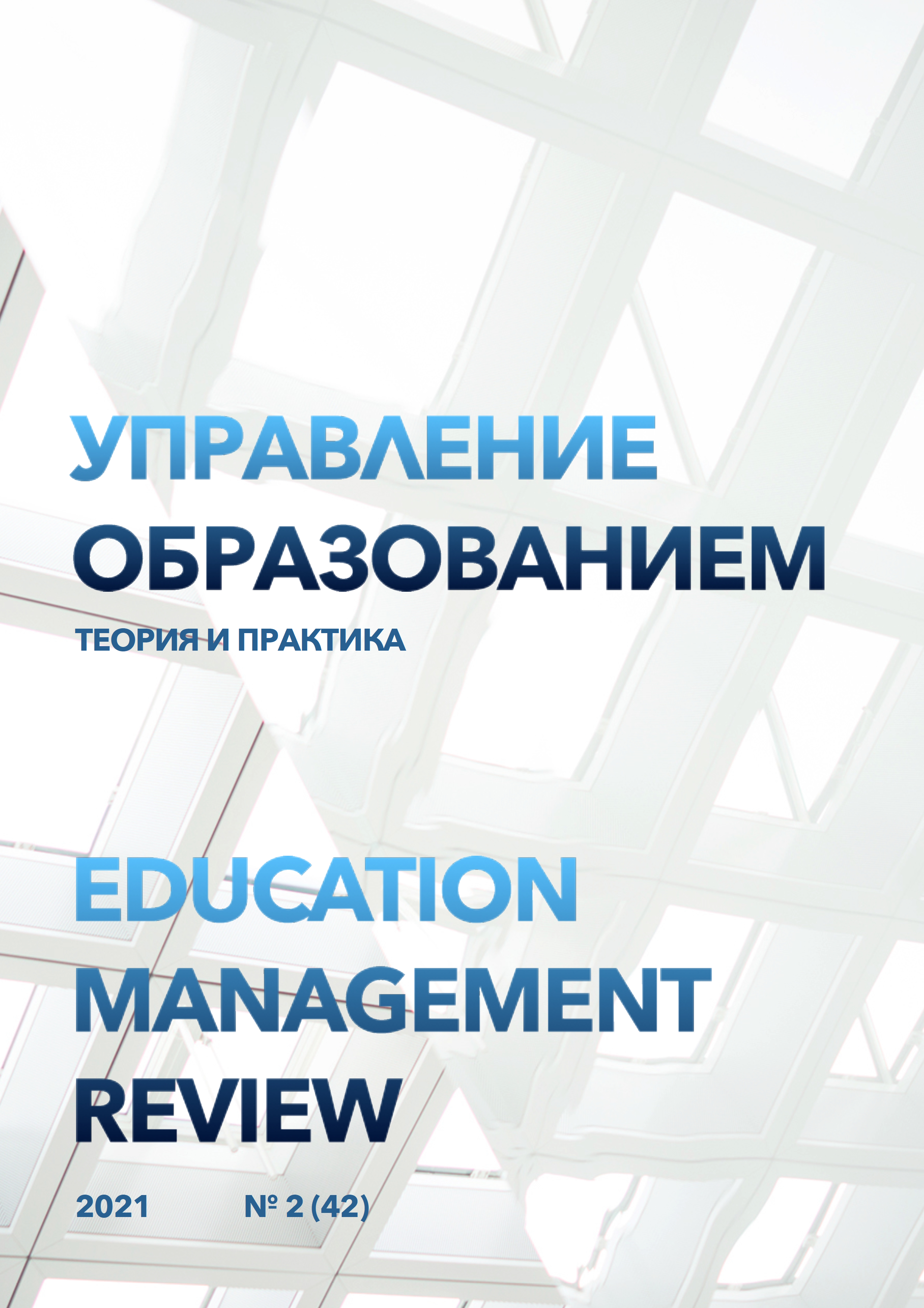Professional training of university students in the direction of "vocal art"
DOI:
https://doi.org/10.25726/x8788-4202-3347-vKeywords:
Vocal pedagogy, creative abilities, musical ear, intonation, coordination of hearing and voice, breath setting, professional levelAbstract
Modern art is the most important asset of civilization. It has its roots in the depths of centuries. A special genre is vocal art. Every musician knows that the human voice is the most perfect musical instrument. Professional training of students in the direction of vocal art is a complex task that must be solved taking into account the traditions of Russian vocal pedagogy and the high authority of performers in Russia and abroad. Therefore, the use of digital technologies in the training of vocalists is quite a controversial topic. We all agree that it is necessary to use the achievements of digital communications, while we consider it necessary to preserve the traditions and contact work with the student in the classroom. There are academic disciplines, the content of which helps to learn digital technologies. In this part, it is necessary to make the most of such opportunities. There are situations when in vocal pedagogy it is not possible to meet with students in the concert studio or in the classroom. Such stories require comprehension and the use of a certain technique. As materials for the study, data from scientific studies of foreign and domestic scientists were used. The article presents some approaches to the analysis of the experience of remote work with students.
References
Бородай А. Д. Художественное образование в современной России: опыт структурного анализа // Знание. Понимание. Умение. 2013, №2. С. 24-29.
Демедюк И.П. Особенности профессиональной подготовки вокалистов в вузах культуры и искусств // Вестник Московского государственного университета культуры и искусств. Химки Московской области: МГУКИ. 2016. № (3). С. 226-233.
Демин В.П. Свет учения искусству (Становление и развития художественного образования в эпоху Дома Романовых) 1613- 1917 // Отделение образования и культуры РАО; НПБ им. К.Д. Ушинского. М.: Издательство «Канон+» РООИ»Ребилитация», 2017.- 376 с.
Клабукова А.В. Пути формирования исполнительского мастерства вокалистов в вузах культуры на основе деятельностного подхода // Вестник Московского государственного университета культуры и искусств. 2018. №3. С. 182-193.
Петрова Н.О. Эффективные методы профессиональной подготовки студента-вокалиста // Южно-Российский музыкальный альманах. 2017. №4. С. 39-43.
Пивницкая О.В. Особенности реализации интонационного подхода в курсе фольклорного сольфеджио на примере русской традиционной культуры // Музыкальное искусство и образование. 2019. №7. С. 120-131.
Смелкова Т.Д., Савельева Ю.В. Академическое пение в современном образовательном пространстве // Учебно-методическое пособие. М.: Планета музыки, 2018. 416 с.
Федеральный государственный образовательный стандарт высшего образования по направлению подготовки 53.03.03 –Вокальное искусство (уровень бакалавриата). Утвержден приказом Министерства образования и науки Российской Федерации от 7 июня 2016 г. № 671 // http://fgosvo.ru/ news/2/1883 (дата обращения 10 октября 2020 г.)
Фирсова, Г.А. Совершенствование профессиональной подготовки студентов-вокалистов: компетентностный подход // Молодой ученый. 2018. №37. С. 176-177.




